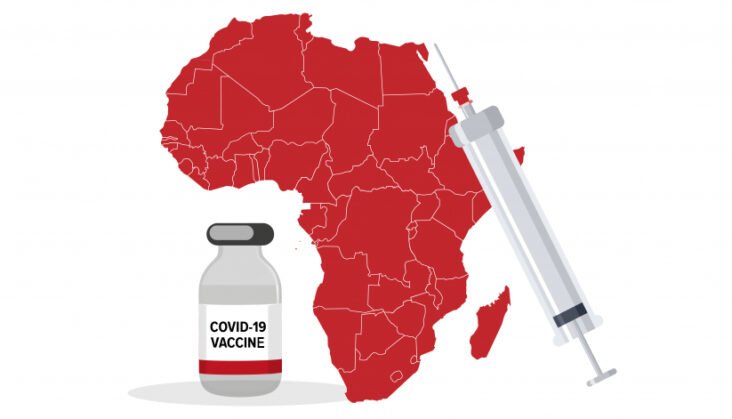By Asmau Ahmad
The World Health Organisation (WHO) Regional Office for Africa said the COVID-19 vaccination rates in Africa are the lowest in the world.
To help bolster uptake, WHO, UNICEF, Gavi, the Alliance, and partners are supporting mass vaccination campaigns in 10 priority countries to reach 100 million people by the end of April 2022.
“A year since the first COVAX vaccine shipments, Africa has administered nearly 400 million doses. That’s the continent’s most massive vaccine rollout for a single disease in a single year.
While this is a big step forward, we need a quantum leap,” said WHO’s Regional Director for Africa, Dr. Matshidiso Moeti. “Mass vaccination drives are one tactic which is enabling countries to speed up their rollout.”
WHO Africa said only 13 per cent of Africans are fully vaccinated.
It said 18 countries have vaccinated less than 10 per cent of their population and three have vaccinated less than one per cent. 29 countries have used less than 50 percent of their vaccine stock.
“High-risk populations also remain critically underserved by vaccination programmes. In 27 countries reporting data on health worker vaccination, 33 per cent of their health workforce is fully vaccinated, and in 24 African countries reporting data on vaccination of older people, only 21 percent of adults over 50 years are fully vaccinated.
Just 11 percent of people with comorbidities are fully vaccinated in 20 countries reporting that data.
“WHO, UNICEF, Gavi, the vaccine alliance, and other international and local partners are supporting countries to scale up COVID-19 vaccination and have deployed 66 experts to 18 priority countries to form country support teams, with several experts on their way to two more countries,” it said,
The UN body noted that it is working with other partners under the leadership of the ministries of health to strengthen partner coordination, logistical planning, including microplanning, closing the funding gap, tracking adverse events following immunisation, as well as the management of data on vaccination uptake and vaccine stock while engaging and empowering communities.


